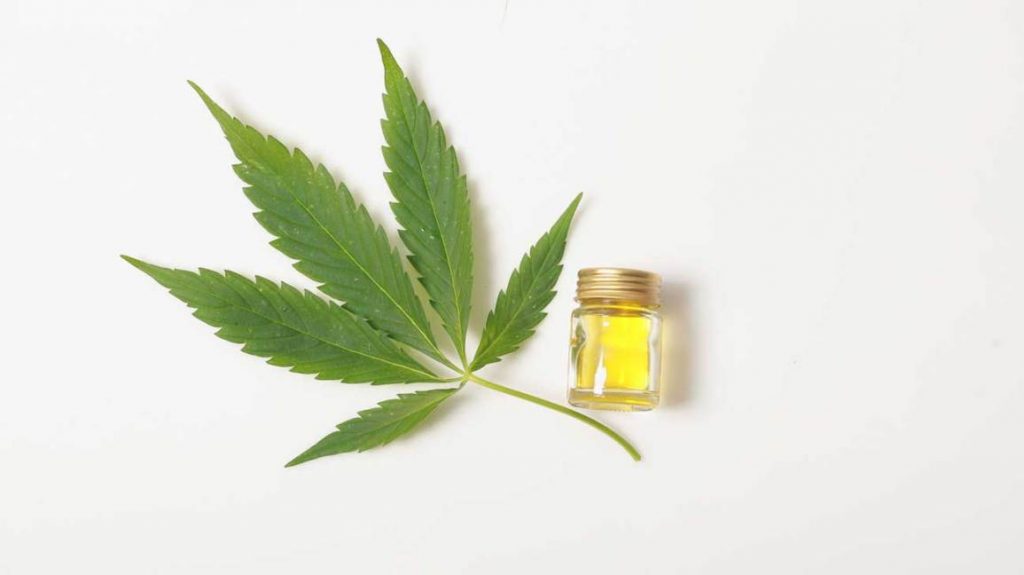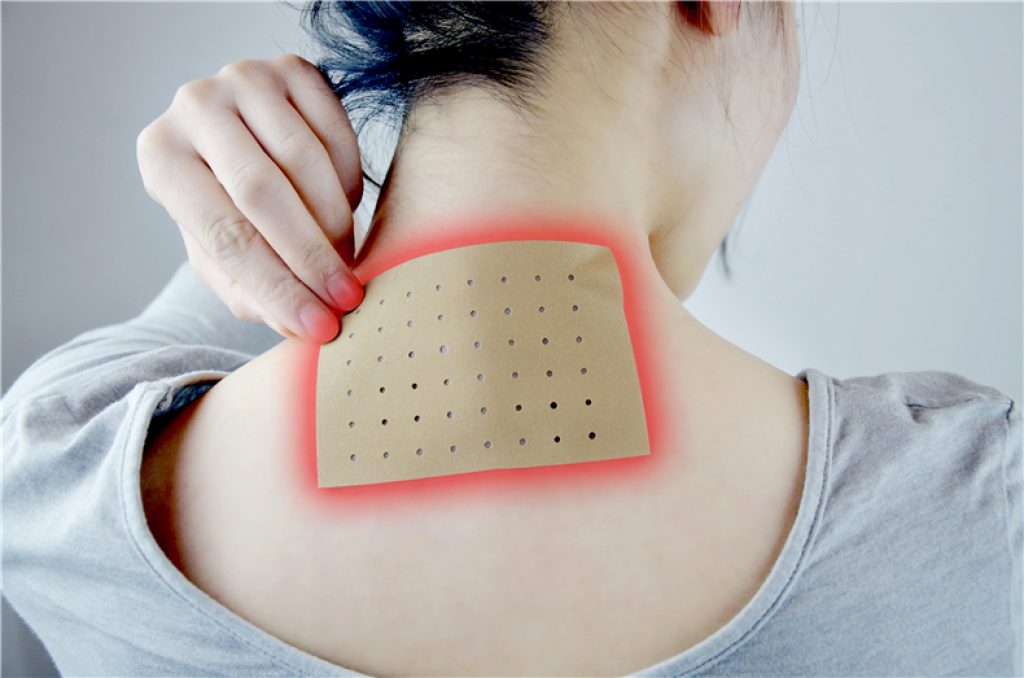
Table of Contents
Introduction
Fibromyalgia is a condition that causes widespread pain throughout the body, extreme tiredness, poor quality of sleep and an array of cognitive difficulties. Somewhat surprisingly, there is a degree of contention around the diagnosis of fibromyalgia within medical circles, with some experts even debating its existence altogether.
With an estimated 2% – 4% of the global population suffering from Fibromyalgia – the majority of women – there is growing intrigue around alternative therapies that can provide relief from symptoms for those suffering.
While there are indeed several treatments currently available for Fibromyalgia, these generally come with unwanted side effects and are often ineffective when it comes to alleviating more acute symptoms such as chronic pain.
Consequently, there has been a great deal of burgeoning interest in alternative therapies, with many taking medication into their own hands. One particular area in which research is currently skyrocketing is cannabidiol (CBD). The early signs are hugely promising and with its multitude of therapeutic properties and lack of side effects, the future looks incredibly bright for the versatile cannabinoid.
There are a multitude of CBD products available in the current market and the offerings appear to be diversifying at a scary rate, creating an often-overwhelming marketplace for the customer.
While CBD oil is probably the most widely known type of CBD product to date, there is a rapidly growing popularity and return rate when it comes to transdermal CBD patches. These are very similar to a nicotine patch, where they are applied to a venous part of the body (typically the top of the arm) and release CBD slowly over a 24-hour period. There are a number of reasons as to why CBD patches are quickly becoming the go-to solution for sufferers of Fibromyalgia and we will go on to discuss these in this article.
The most popular transdermal CBD patches in the UK can be found at Cannacares. CBD patches are by far their best-selling product and the reviews have been superb. CBD patches are an incredibly convenient and effective delivery method when it comes to cannabidiol (CBD).
What is CBD?

img source: the-scientist.com
CBD, short for cannabidiol, is one of over 100 cannabinoids (cannabis molecules) that cannabis consists of. Unlike its cousin THC (Tetrahydrocannabinol), which is the key psychoactive element of cannabis, CBD is non-psychoactive. This means it does not have the same overpowering impact on your cognitive ability, also known as the ‘high’ that typically comes from smoking cannabis.
It is only recently that major resources have been pumped into the study of cannabinoids. This means that there is still a lot that we still don’t know about cannabinoids and how they interact with our bodies. Within the parameters of medicine in particular, we know very, very little!
What we do know, however, is that our brains have receptors specifically designed to receive cannabinoids. These are known as CB1 and CB2 receptors. These receptors are responsible for integrating these cannabinoids within our bodies.
Thankfully, research has been sufficient enough to enable us to develop effective extraction methods in order to process cannabis in the correct manner for CBD production. This has resulted in concentrated products, such as CBD oil and CBD patches, which have allowed for cleaner alternatives when it comes to ingestion – especially compared to smoking. This also allows for a more identifiable dosage when it comes to patient consumption.
What is Fibromyalgia?

img source: painhealth.csse.uwa.edu.au
Fibromyalgia is one of the most common conditions that can affect bones and muscles simultaneously. Despite its prevalence, it is still misunderstood and misdiagnosed at an alarming rate. The typical symptoms associated with Fibromyalgia are muscle pain, joint pain and chronic fatigue. While there is no cure, there is a range of medications, exercises and general lifestyle changes that may lead to an individual being able to live a relatively normal and active life.
No definitive causes for fibromyalgia have been explicitly identified, but many doctors believe it originates from the defective processing of pain signals from your nerves in your brain and spinal cord. However, there are a number of predispositions that increase the likelihood of fibromyalgia. This includes gender (US government statistics state that approximately 90% of cases are diagnosed in females), mood disorders (such as anxiety or depression), early emotional trauma and a lack of exercise.
In terms of symptoms, the most common is chronic pain and general aching throughout the body – this can include muscle pain, burning sensations and twitching. Extreme fatigue is another of the common symptoms associated with the disease, alongside insomnia and a constant feeling of anxiety. The notion of “fibro fog” also affects a significant percentage of fibromyalgia sufferers. This is where the individual struggles with concentration for a reasonable period of time and often has trouble remembering.
What are the current treatments for Fibromyalgia?
As previously mentioned, there is no cure for Fibromyalgia. Doctors may well prescribe a range of drugs, including painkillers, antidepressants and muscle relaxers depending on the symptoms of the individual in question.
The three drugs that have been specifically approved by the FDA for fibromyalgia pain are Duloxetine (Cymbalta), Milnacipran (Savella) and Pregabalin (Lyrica). Duloxetine (Cymbalta) and Milnacipran (Savella) are Serotonin and norepinephrine reuptake inhibitors (SNRIs) – in other words, anti-depressants. Pregabalin (Lyrica) on the other hand is an anti-seizure medication. While these offer a short-term solution, the long-term side effects can often end up causing the individual more pain than the Fibromyalgia itself. Side effects can range from nausea and fatigue to constipation and blurred vision.
Aside from the aforementioned prescription drugs, over-the-counter painkillers may also provide some respite. However, much like their prescribed cousins, they come with an array of undesirable side effects and potential dependency issues.
Aside from drugs, regular exercise serves to reduce the prevalence of symptoms when it comes to Fibromyalgia. Low intensity and low impact exercises such as yoga and Pilates that build endurance while strengthening muscles are the best choices. Exercise also activates the release of endorphins which help to improve our mood and help fight pain, while also improving sleep quality.
While there are obvious caveats with the treatments outlined above, CBD has the potential to revolutionise the management of Fibromyalgia symptoms, with its wide range of therapeutic properties and lack of any acute side effects.
How can CBD help people with fibromyalgia?

img source: healthline.com
Unfortunately, due to the novel nature of CBD, there is a lack of empirical research that exists specifically in relation to Fibromyalgia. That said, that certainly doesn’t mean that there is no evidence to suggest that CBD can be beneficial to those who suffer from Fibromyalgia.
For example, there are a number of studies conducted on medical cannabis and how that has helped to relieve certain symptoms of Fibromyalgia. In 2019, Sagy, Schleider, Abu-Shakra and Novack (Safety and Efficacy of Medical Cannabis in Fibromyalgia) conducted a study observing hundreds of Fibromyalgia patients over a 6 month period. They initially started with a small dose and then incrementally increased this over the course of the study. At the start of the study, 52.5% of participants reported ‘high’ pain levels, compared to just 7.9% at the end.
There are also a growing number of studies that suggest CBD would be effective at managing the myriad symptoms of Fibromyalgia. A 2018 research review by Vuckovic, Srebro, Vucetic and Prostran (Cannabinoids and Pain: New Insights from Old Molecules) found that CBD was effective in the management of chronic pain.
Research also suggests that CBD improves sleep quality, another aspect that Fibromyalgia patients suffer with. A 2019 study by Shannon, Lewis, Lee and Hughes (Cannabidiol in Anxiety and Sleep: A Large Case Series) found that CBD improved the sleep quality in 66.7% of the participants who were struggling with sleep and anxiety issues. Furthermore, there is growing evidence to suggest that CBD is effective in improving mental health, specifically around depression. Another research review, conducted in 2018 by Crippa, Guimaraes, Campos and Zuardi (Translational Investigation of the Therapeutic Potential of Cannabidiol (CBD): Toward a New Age) found that “CBD was shown to have anxiolytic, antipsychotic and neuroprotective properties”.
What are CBD Patches?

img source: victoriasglamour.com
CBD patches are transdermal patches that contain CBD. They slowly release CBD into the bloodstream through the skin over a 24-hour period. CBD patches have been shown to be more effective at relieving pain than any other CBD delivery method, particularly around the area local to the patch.
Skin cells are made up of lipids, as are cannabinoids. Consequently, CBD diffuses through the cells until it enters the user’s blood vessels. This allows the CBD to reach the endocannabinoid system where it ultimately binds to CB1 and CB2 receptors to provide a range of therapeutic effects.
Permeation enhancers such as microneedles, terpenes and oils are often used to enhance the delivery into the bloodstream. The skin’s multitude of protective layers naturally try to prevent this, so permeation enhancers allow CBD to pass through in this instance.
What are the side effects of CBD?
CBD is, of course, a natural compound and so side effects are incredibly rare and benign at worst. That said, side effects are indeed possible, so it is important to outline them nonetheless. The most common side effects include:
- Fatigue
- Oversleeping
- Diarrhea
- Appetite change
- Drowsiness
- Weight loss or weight gain
Additionally, people who drive or operate heavy machinery should avoid CBD whilst doing so.
Is CBD legal in the United Kingdom?

img source: healthline.com
Yes. In the United Kingdom, if the product does not include any additional controlled substances, such as THC (which is banned under the 1971 Misuse of Drugs Act).
The minimum THC content allowed within any given CBD product is 0.2% – any product exceeding this limit would be deemed illegal.
As of March 31st 2024, all ingestible CBD products will have to be compliant with the Novel Foods Act and thus approved by the FSA (Food Standards Agency).







